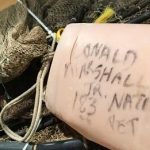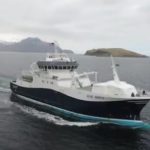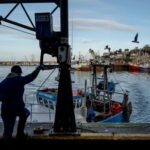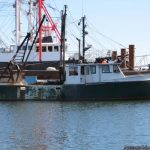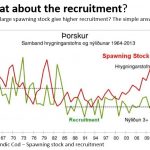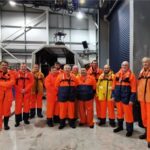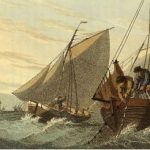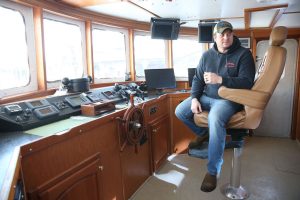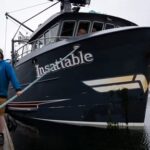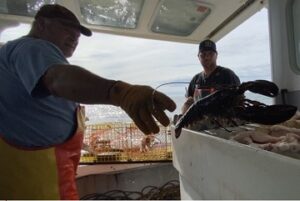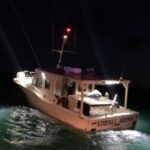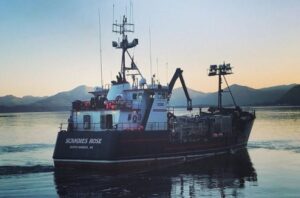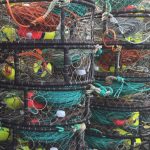FISH-NL calls for immediate halt to all fishing for northern cod outside stewardship fishery; independent assessment of DFO science
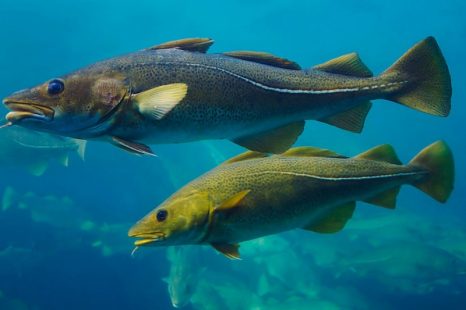
July 11th, 2019
The Federation of Independent Sea Harvesters of Newfoundland and Labrador (FISH-NL) is calling for an immediate halt to all fishing for northern cod outside of the small-scale stewardship fishery in light of alarming new research that questions the federal science on the state of the stock.
“When one of the preeminent fisheries science researchers in the world warns that Fisheries and Oceans may be dramatically overestimating the size of the iconic northern cod stock — which is already classified as critical, and in the 27th year of a commercial fishing moratorium — you listen,” says Ryan Cleary, President of FISH-NL.
“From FISH-NL’s perspective, we must also err on the side of caution and take immediate and unprecedented action,” said Cleary. “That means a cancellation of all fishing for northern cod outside of the stewardship fishery — including the sentinel (test) fisheries, cod quality program, recreation/food fishery, and any and all fishing of northern cod by offshore, factory-freezer trawlers, foreign or domestic.”
Dr. George Rose, a recognized expert in the North Atlantic fisheries, published a research paper in late June — The State of Canada’s iconic northern cod: A Second Opinion — that offers an “alternative” view on the state of the stock, and turns DFO’s northern cod science on its head.
Rose’s paper challenges DFO’s current model for estimating the size of the northern cod stock, arguing it’s off by 35 per cent because it concludes that natural mortality alone — and not unrelenting overfishing — led to the stock collapse in the early 1990s.
In his paper, Rose incorporates DFO’s same catch and survey data into a “more traditional” population model that factors in unreported northern cod catches.
While acknowledging the sources of large, unreported catches in the early 1990s cannot be confirmed, Rose writes there’s evidence that catches from foreign fleets may have been “grossly underreported” — peaking at a possible high of 150,000 tonnes in 1992, the year of the moratorium.
Rose’s writes that restricting fishing effort and catch should lead to strong growth in the stock.
“For the northern cod, plans to increase fisheries should be tempered with the knowledge that although growing, the stock may not be as strong as the DFO assessment suggests,” writes Rose, who currently works with the University of British Columbia’s Institute for the Oceans and Fisheries. Rose also wrote the 2006 book, Cod: The Ecological History of the North Atlantic Fishery.
The 2019 northern cod quota has been set at 12,350 tonnes, a 30 per cent increase over last year’s 9,500 tonnes. The year before, in 2017, the stock had declined by 30 per cent. DFO does not keep tabs on the amount of northern cod caught in the recreational/food fishery, but it’s thought to be several thousand tonnes.
“FISH-NL’s does not take the call to cancel the recreational/food fishery lightly,” says Cleary. “But the long-term viability of the inshore fishery and our rural economy may hang in the balance.”
“Given the two very different opinions on the state of northern cod by Dr. Rose and DFO science it’s time for an outside assessment of the federal science.”
Contact: Ryan Cleary, 682 4862.

































